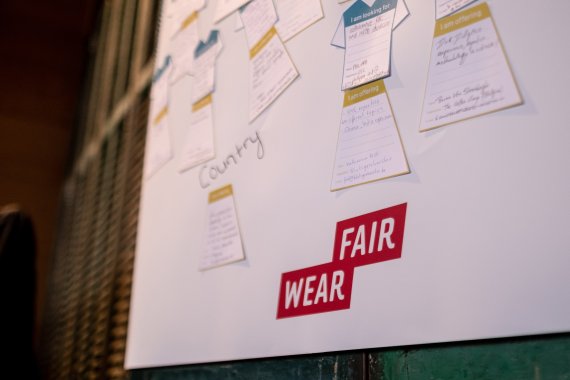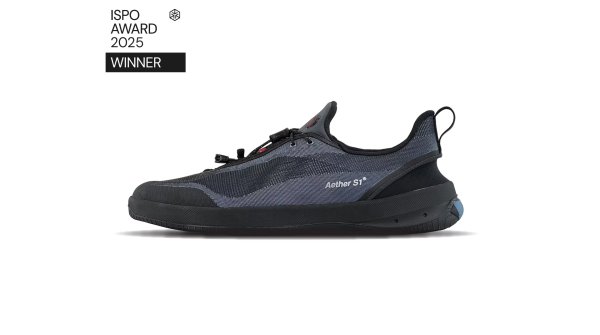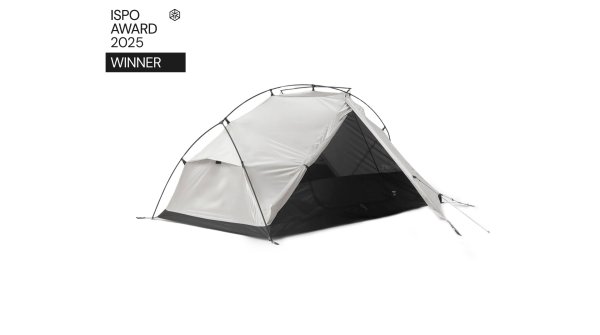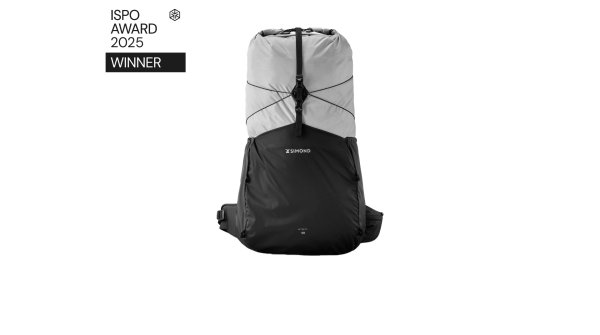Transparency, in essence, is the unwavering commitment to openness and honesty, ensuring that every facet of an organization is readily accessible to scrutiny. It embodies the integrity to disclose all relevant information, empowering consumers to make informed decisions.
But why does transparency matter really matter? Beyond the realm of ethics, transparency breeds a myriad of benefits for both businesses and consumers alike. It cultivates stronger relationships with customers, bolstering trust and loyalty. It ignites a sense of accountability within organizations, fostering employee engagement and enhancing reputation. Moreover, it fuels better decision-making, steering businesses towards more ecological and ethical responsibility. Last but not least, transparency and traceability are the foundation for complying with a variety of new legal requirements. In the Sustainability Hub at this year’s OutDoor by ISPO, you can connect to a number of exhibitors, who foster and facilitate the shifting landscape of consumer expectations, where one thing remains clear: transparency isn't just a virtue; it's a strategic imperative.
Retraced is a traceability and sustainability compliance management platform empowering fashion companies to digitize and trace their supply chains, efficiently manage compliance data, and achieve full transparency down to raw materials. The advanced, data-driven platform unites all stakeholders within textile and fashion supply chains onto a single, integrated platform. By leveraging AI, Retraced efficiently processes and analyzes audit documents and supply chain data, ensuring compliance and privacy. Offering actionable insights and enhancing risk analysis, the platform simplifies audit submissions while revealing strategies for operational efficiency and compliance.

PFAS, known as “forever chemicals”, provide reliable water-repellence. But due to their hazardous properties, upcoming legislation will introduce a Europe-wide ban of the PFAS group. For over ten years, Rab and Lowe Alpine have been proactively phasing out PFAS from their product ranges whilst pushing for greater honesty regarding PFAS use. With a goal to phase out all intentionally added PFAS by AW25, they use their open-source Material Facts approach for transparently communicating a product’s credentials including PFAS. The brand offers a non-branded tool that provides clear and honest product data, and could serve as a basis for a collaborative, industry-wide standard.

The EU Corporate Sustainability Due Diligence Directive (EU CSDDD) mandates European garment brands to adopt Human Rights Due Diligence (HRDD) in their supply chains. Fair Wear Foundation, advocating for safe, dignified employment and human rights in the global garment supply chain, assists brands in meeting these requirements. Fair Wear sees the OECD-based (Organization for Economic Cooperation and Development) human rights due diligence (HRDD) as the organising principle for responsible business conduct. Using this expertise, Fair Wear has two ways of engaging with brands to facilitate them in implementing HRDD – offering brands to become a Fair Wear member brand or participate in the HRDD Academy.

- ISPO awards
- Mountain sports
- Bike
- Design
- Retail
- Fitness
- Health
- ISPO Job Market
- ISPO Munich
- ISPO Shanghai
- Running
- Brands
- Sustainability
- Olympia
- OutDoor
- Promotion
- Sports Business
- ISPO Textrends
- Triathlon
- Water sports
- Winter sports
- eSports
- SportsTech
- OutDoor by ISPO
- Heroes
- Transformation
- Sport Fashion
- Urban Culture
- Challenges of a CEO
- Trade fairs
- Sports
- Find the Balance
- Product reviews
- Newsletter Exclusive Area
- Magazine






